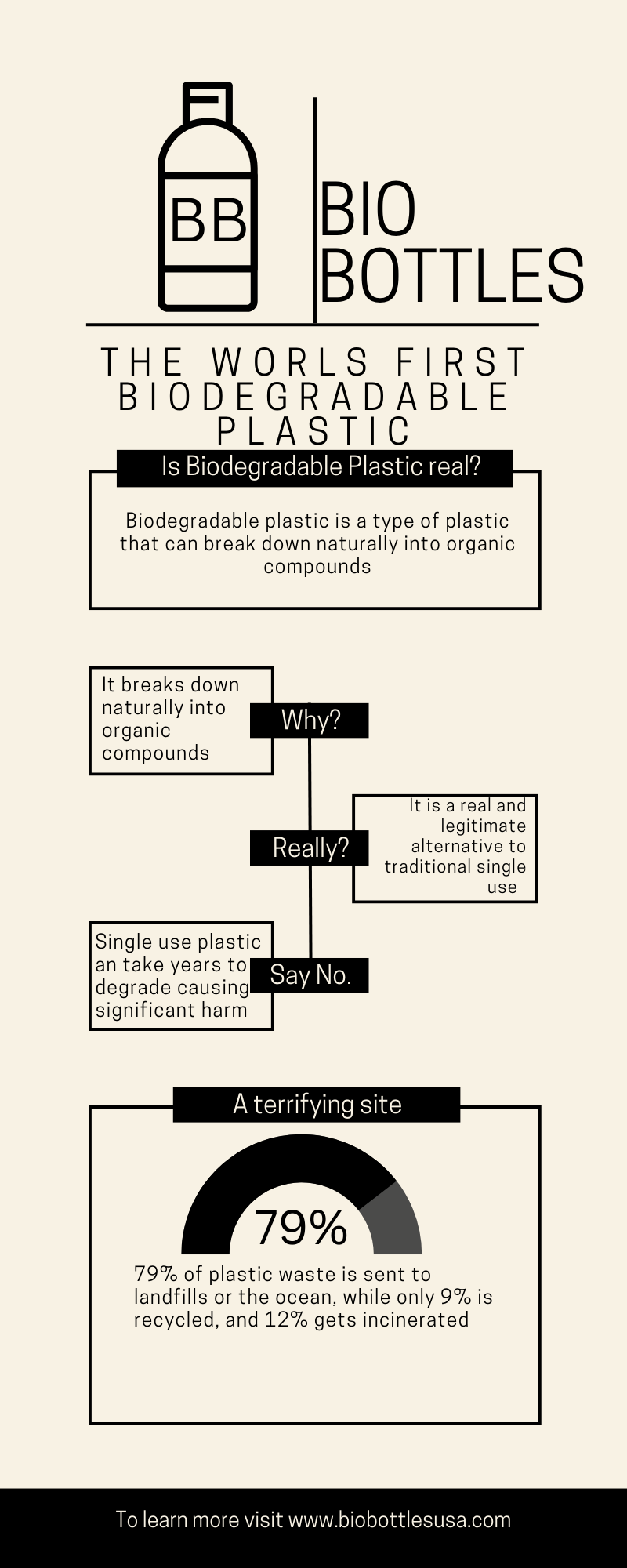What is Biodegradable Plastic?
Biodegradable plastic is a type of plastic that can break down naturally into organic compounds. Unlike traditional plastics that can take hundreds of years to degrade. Biodegradable plastics can decompose relatively quickly under the right conditions. Usually, in the presence of heat, moisture, and microorganisms such as bacteria and fungi.
Why do we need Biodegradable plastic?
We need biodegradable plastic because it can break down naturally into organic compounds. Unlike traditional plastics that can take hundreds of years to degrade. This can reduce the amount of plastic waste in the environment and lessen the harm it causes to wildlife and ecosystems.
Biodegradable plastic is essential in reducing the amount of plastic waste in the environment. Traditional plastics can take hundreds of years to degrade and can cause significant harm to wildlife and ecosystems. Biodegradable plastics, on the other hand, can decompose relatively quickly under the right conditions, reducing their impact on the environment. They are also more sustainable and can help reduce the reliance on non-renewable resources. Additionally, biodegradable plastics can be made from renewable sources, such as plant starches and cellulose, which can further reduce their environmental impact. In summary, the benefits of biodegradable plastic include:
- Reducing plastic waste in the environment
- Lessening the harm caused to wildlife and ecosystems
- More sustainable than traditional plastics
- made from renewable sources
Is it really an alternative solution?
Biodegradable plastic is a real and legitimate alternative to traditional plastic. It breaks down naturally into organic compounds through a process called biodegradation. This process occurs when microorganisms, such as bacteria and fungi, break down the molecular bonds of the plastic, converting it into water, carbon dioxide, and other natural compounds. This contrasts traditional plastics that are not biodegradable and can persist in the environment for hundreds of years, causing significant harm to wildlife and ecosystems.
There are different types of biodegradable plastic, some of which are designed to break down more quickly than others. Some biodegradable plastics require specific conditions, such as heat and moisture, to degrade, while others can decompose in the presence of oxygen and sunlight. It is important to note, however, that not all biodegradable plastics are created equal, and some may only partially degrade, leaving behind microplastics that can still harm the environment.
Biodegradable plastics can be made from various materials, including plant-based sources such as cornstarch, potato starch, and cellulose. Some biodegradable plastics can also be made from petroleum-based sources but with added compounds that help them break down naturally.
Biodegradable plastic is a real and effective solution to reducing plastic waste in the environment. By breaking down naturally into organic compounds, biodegradable plastics can help to reduce the impact of plastic waste on the environment and wildlife. However, it is important to carefully evaluate the claims made by manufacturers and ensure that the product meets recognized standards for biodegradability and sustainability.
Say No to traditional Plastic
We need to start using biodegradable plastics because traditional plastics can take hundreds of years to degrade, causing significant harm to the environment and wildlife. Biodegradable plastics, on the other hand, can decompose relatively quickly and reduce the amount of plastic waste in the environment. This can help to prevent pollution and protect natural habitats. Additionally, biodegradable plastics are more sustainable and can reduce our reliance on non-renewable resources. By transitioning to biodegradable plastics, we can take a step towards creating a more sustainable and eco-friendly future.
- Traditional plastics can take hundreds of years to degrade and can cause significant harm to the environment and wildlife. (National Geographic, “Plastic Pollution”)
- Biodegradable plastics can decompose naturally and reduce the amount of plastic waste in the environment. (US National Library of Medicine, “Biodegradable plastics: Opportunities and challenges”)
- Biodegradable plastics are more sustainable than traditional plastics, as they can be made from renewable sources such as plant-based materials. (ScienceDirect, “Sustainable, biodegradable polymers: Design, implementation, and applications”)
- Biodegradable plastics can help to prevent pollution and protect natural habitats. (EPA, “Sustainable Management of Food – Biodegradable Plastics”)
As mentioned before, by adopting biodegradable plastics, we can reduce our reliance on non-renewable resources and take an important step towards creating a more sustainable future for our planet.
Calling on everyone
It’s time to take action! Let’s use biodegradable plastics to reduce plastic waste and protect the environment. By making small changes in our daily lives, such as choosing biodegradable products and properly disposing of them, we can make a big impact. We can also support businesses and industries that prioritize sustainability and environmentally-friendly practices. Together, we can create a more sustainable and healthy future for our planet and future generations. So, let’s start today and make a difference!
furthermore, as we advance in the future, reading about several accounts of plastic pollution and how to stop may help us become informed and make more advanced decisions
- “Biodegradable Plastics: Opportunities and Challenges” (US National Library of Medicine) – This article discusses the benefits and challenges of using biodegradable plastics, including their potential to reduce plastic waste and their impact on the environment. https://www.ncbi.nlm.nih.gov/pmc/articles/PMC6073579/
- “Sustainable Biodegradable Polymers: Design, Implementation, and Applications” (ScienceDirect) – This paper examines the design and implementation of sustainable biodegradable polymers, including their use in reducing plastic waste and their potential as an environmentally-friendly alternative to traditional plastics. https://www.sciencedirect.com/science/article/pii/S2451929420300295
- “Biodegradable Plastics: A Review” (Journal of Polymers and the Environment) – This review article provides an overview of biodegradable plastics, including their types, properties, and applications, as well as their potential to reduce plastic waste and environmental impact. https://link.springer.com/article/10.1007/s10924-019-01594-4
- “Sustainable Management of Food – Biodegradable Plastics” (US Environmental Protection Agency) – This resource provides information on the use of biodegradable plastics in food packaging and their potential to reduce waste and promote sustainability in the food industry. https://www.epa.gov/sustainable-management-food/biodegradable-plastics
By using biodegradable plastics and supporting sustainable practices, we can reduce our environmental impact and contribute to a healthier planet.
What Biobottles does to help?
Biobottles is a company that is taking steps to help address the plastic waste crisis by producing biodegradable bottles made from renewable resources such as sugar cane. These bottles can be composted or recycled and will break down naturally without causing harm to the environment. Biobottles has also implemented sustainable practices throughout its production process, such as using energy-efficient machinery and reducing water usage. By providing an alternative to traditional plastic bottles and promoting sustainability, Biobottles is helping to create a more environmentally-friendly future.
In addition to their product line, Biobottles is committed to promoting sustainable and environmentally-friendly practices. For example, they use 100% renewable energy to power their manufacturing facilities. They have implemented a closed-loop recycling system to minimize waste and reduce their environmental impact. Biobottles also partners with organizations such as 1% for the Planet to donate a portion of their profits to environmental causes.
Overall, Biobottles is taking a proactive approach to addressing the plastic waste crisis. Offering a sustainable and biodegradable alternative to traditional plastic bottles. Also promoting sustainable practices in their manufacturing processes.
Let’s all take a step towards a more sustainable future by choosing eco-friendly options like Biobottles. Reducing our plastic waste and protecting our planet.



